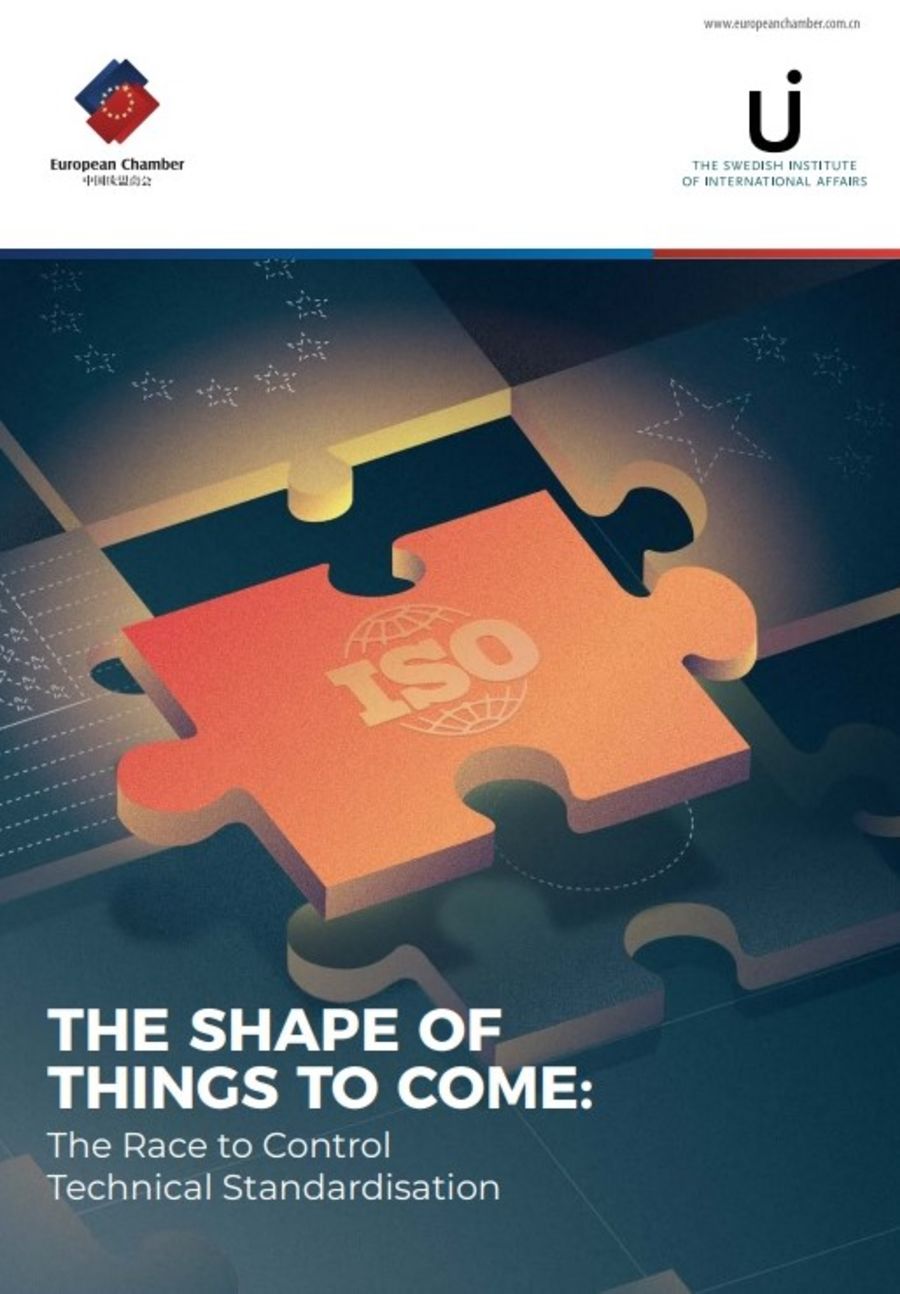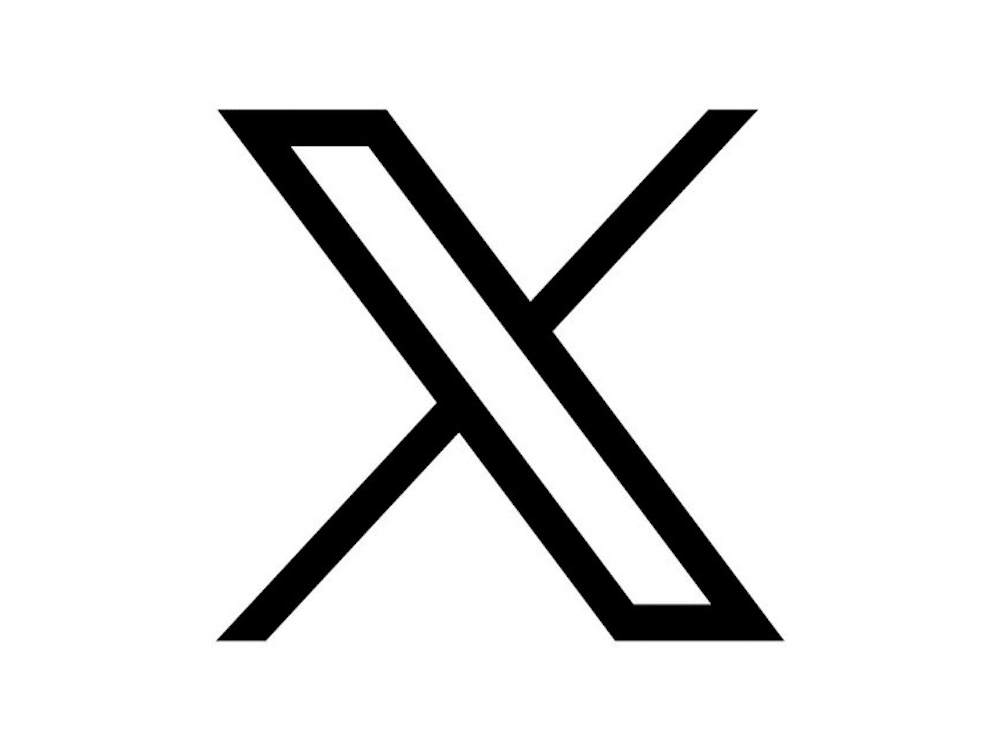Read my report on Chinese tech standardization: "The Shape of Things to Come: The Race to Control Technical Standardisation" (2021) jointly published by the European Union Chamber of Commerce in China & The Swedish Institute of International Affairs
The European Union Chamber of Commerce in China (European Chamber), in partnership with the Swedish Institute of International Affairs and the Swedish National China Centre, published my comprehensive study The Shape of Things to Come: The Race to Control Technical Standardisation. The report identifies technical standard setting as a battleground on which states are fighting to gain dominance in strategic technologies, such as 5G, artificial intelligence and new electric vehicles.
The full report is available here.
More information on my research regarding technical standards can be found here.
The report is based on a survey and extensive interviews with European Chamber members, and research conducted by the report’s author Dr Tim Rühlig. “Although China has recently reformed its standardisation system, its overall approach is state-centric. This, coupled with its rapidly growing footprint in international standardisation, is contributing to the politicisation of a field that has traditionally been largely technical and privately-driven,” Rühlig said.
Standards provide a common language that facilitates universal interoperability of technologies, and many that we rely on today, such as Wi-Fi, are already internationally established. However, many of the standards that will underpin the technologies set to become ubiquitous over the next decades are still up for grabs. Although developing these standards through consensus-driven, technical discussions among a broad set of stakeholders would provide the most universal value, countries and companies can gain greater individual economic benefit if they can impose or set their own standards at the global level. This has led states such as China to take a more strategic approach to standards-setting, which has raised the risk of bifurcation, fragmentation and decoupling of standards internationally.
“There is growing concern that China will continue to take a state-driven approach to technical standard setting in order to serve its industrial policy agenda of becoming a global leader in strategic technologies,” said Björn Fägersten, director of the Europe Programme at the Swedish Institute of International Affairs. “Policymakers in Europe need to acknowledge this and make standards a default part of trade and industrial policy, while continuing to take a privately-driven approach to standards setting.”
European companies are active in standard setting in China, but the report shows how many, particularly those involved in strategic sectors, such as automotive, ICT and rail, encounter direct and indirect barriers to their participation in standardisation.
“While our members are engaged in standards setting, given the increased importance of China and its expanding presence in international standardisation they should be investing a lot more,” said Jörg Wuttke, president of the European Chamber. “This report should alert our members, and our governments back home in Europe, to the fact that they cannot fall asleep at the wheel – we must not allow decoupling of standards to take place. The European Chamber will also continue to advocate the Chinese authorities for equal access to standard setting in China.”
The full report is available here.
Media coverage of the report:
"China, Europa und das Rennen um technische Normen", 14 December 2021, Factory.
"China kocht bei technischen Normen eigenes Süppchen", 13 December 2021, K-Zeitung.
"Comment la Chine cherche à imposer ses normes", 9 December 2021, Les Echos.
"Europe’s far right seeks to form an alliance, yet again", 3 December, Financial Times.
"Thiết lập tiêu chuẩn công nghệ của Trung Quốc gây lo ngại", 3 December 2021, Cong Nghe.
"EU-Handelskammer: Unternehmen bleiben bei Normung außen vor", 2 December 2021, China Table.
"EU Chamber of Commerce in China on Global Tech Standards", 2 December 2021, Bloomberg.


